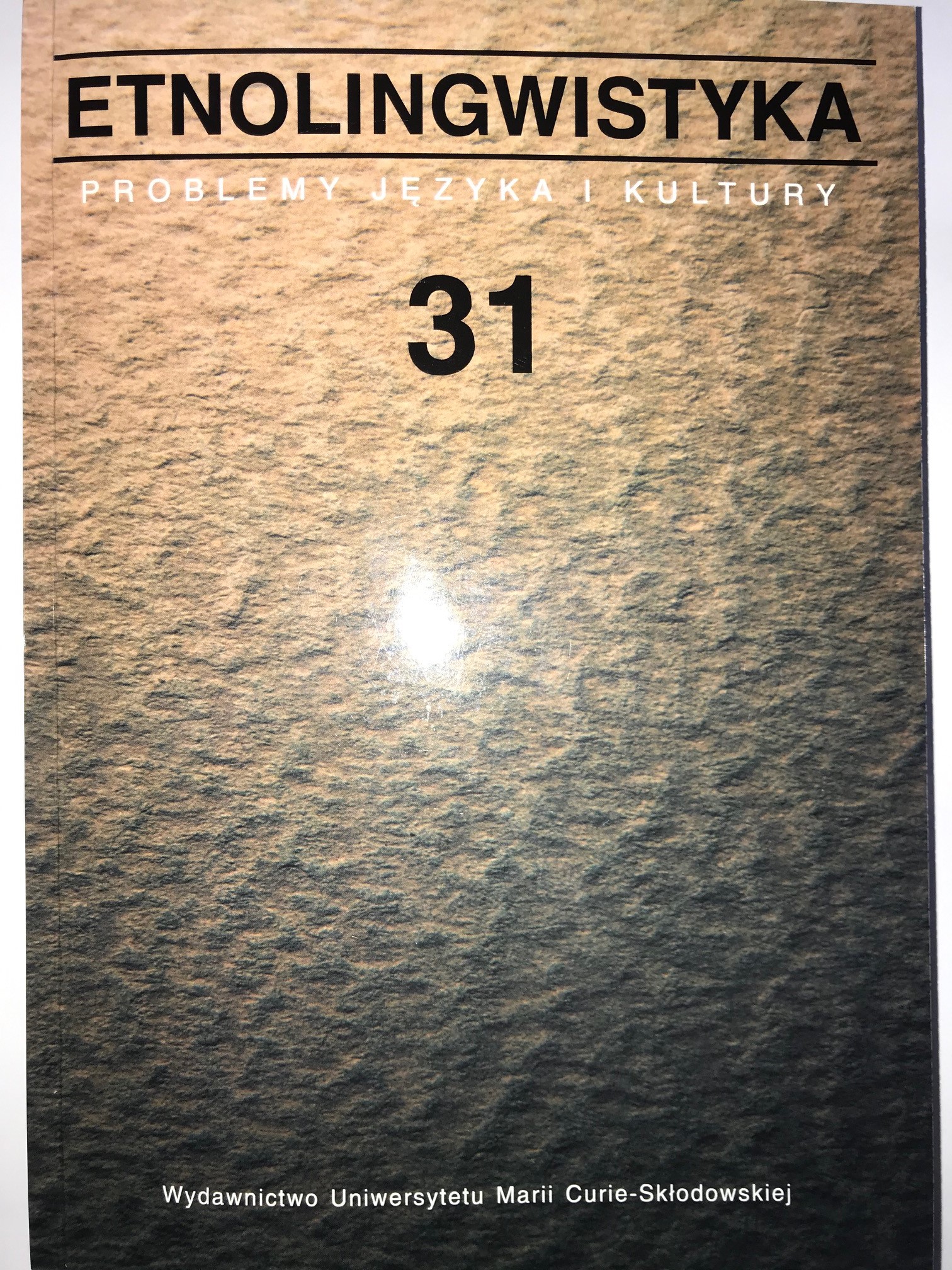Codzienny język mieszkańców Bydgoszczy zapisany w tekstach literackich
Everyday language of the inhabitants of Bydgoszcz: evidence of literature
Author(s): Andrzej S. DyszakSubject(s): Language and Literature Studies
Published by: Wydawnictwo Naukowe Uniwersytetu Marii Curie-Sklodowskiej
Keywords: Polish dialects; city dialect; Bygdoszcz dialect
Summary/Abstract: On the map of territorial diversity of Polish, big cities are characterised by the language used by their inhabitants: the city dialects. A valuable quasi-literary source of Bydgoszcz city dialect is Zbigniew Raszewski’s Pamiętnik gapia [‘Onlooker’s diary’]. The richest inventory of Bydgoszcz lexical stock is Jerzy SulimaKamiński’s trilogy Most Królowej Jadwigi [‘Queen Jadwiga Bridge’]. Other important sources include the novels Obóz Wszystkich Świętych [‘All Saints’ Camp’] by Tadeusz Nowakowski and Kamienny bruk [‘Stone Paving’] by Wiesław Rogowski. In the Bygdoszcz city dialect, apart from lexical phenomena, one can also identify occasional inflectional and phonetic peculiarities, as well as syntactic constructions of the type ‘have’ + accusativus cum infinitivo or ‘be … years old’. The author of “Queen Jadwiga Bridge” uses – as a linguistic building stock – the city dialect that he knows from his home, so that one can assume that it faithfully represents the authentic language Bydgoszcz inhabitants. The Bydgoszcz dialect exhibits similarities with the Poznań dialect because of their locations (both lie within the boundaries of the Great Polish dialectal area) and a common history of Germanisation.
Journal: Etnolingwistyka. Problemy Języka I Kultury
- Issue Year: 31/2019
- Issue No: 31
- Page Range: 277-292
- Page Count: 16
- Language: Polish

